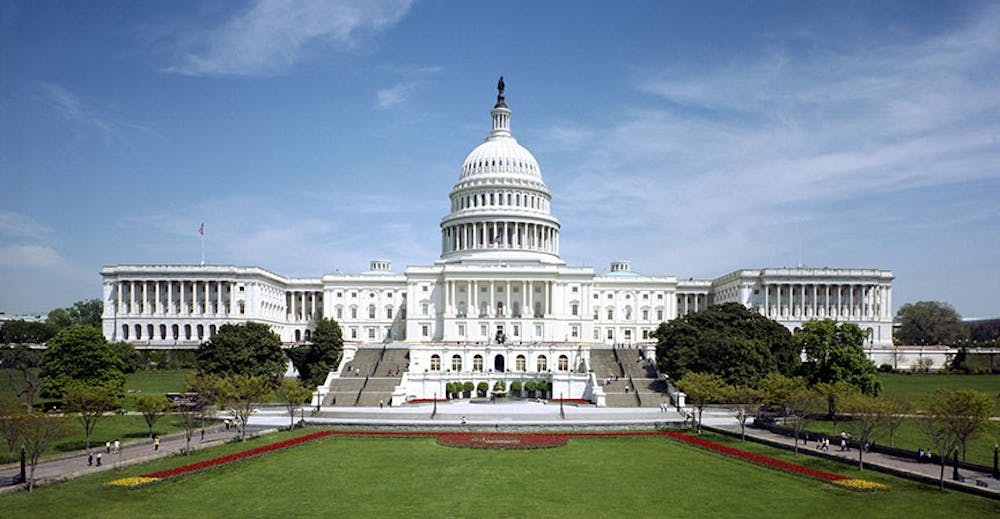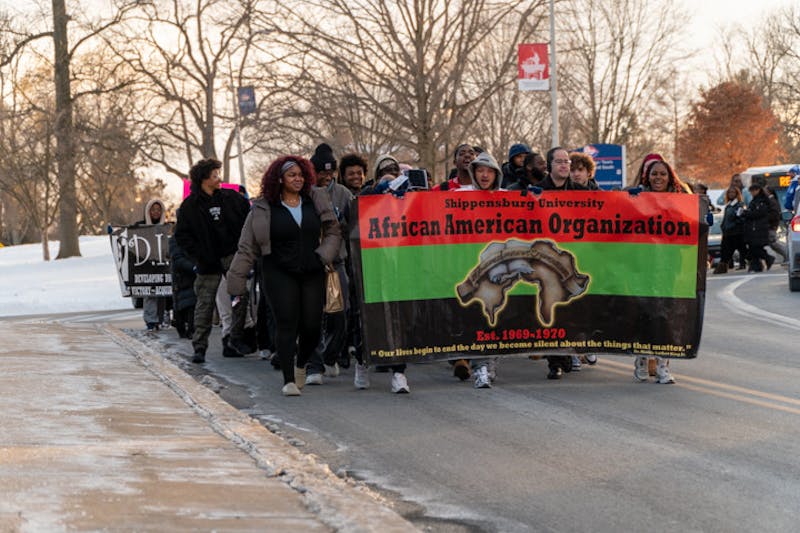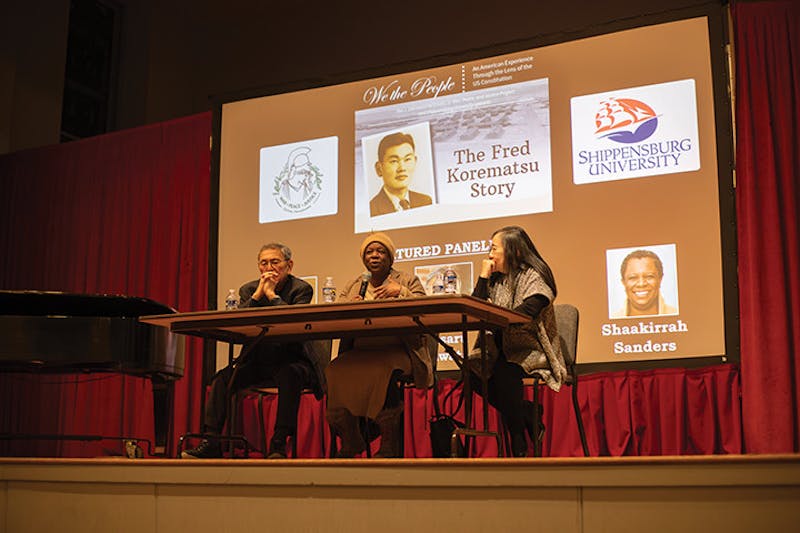Over the past 15 years, there has been a massive shift in how the two main parties of the U.S. government deal with each other, whether it is on the debate field or over the Internet. Much of this has to do with the slow, steady evolution of both social media and the media itself. Fifteen years ago, there was no Facebook, no YouTube and no Twitter. The only way for candidates to get information out to the general public was on TV or via the newspapers.
The Internet has made it so that anyone with an Internet connection and a social media account can make his or her voice heard. There is a cacophony of voices. Candidates struggle to get their stances, their opinions, out to the public. So, in an effort to be heard, some candidates have taken a different tack. Instead of saying something moderate, candidates have instead chosen to make whatever outlandish claims they need to make in order for their voices to be heard louder.
Take Donald Trump as an example. On July 18, as part of his bid for president, Trump made several claims regarding Mexico and the Mexican people who choose to cross the border.
“When Mexico sends its people, they’re not sending the best,” Trump said, according to CNN. “They’re not sending you, they’re sending people that have lots of problems and they’re bringing those problems. They’re bringing drugs, they’re bringing crime.”
Several people have condemed Trump’s remarks as false, bringing further attention to him. This has brought Trump closer and closer to political legitimacy, which brings up another point: The very nature of how politics in the U.S. is run has changed.
Politicians no longer have to gain an influential position in the government in order to broadcast their views to the public.
“Politicians can bypass the system and go directly to their supporters without needing to stand in line behind the senior members of their party,” said Alison Dagnes, a political science professor at Shippensburg University.
By stepping out of the established political line, politicians can get more attention faster than they did before. They do not have to wait 20 years to make a name for themselves — they can do it almost immediately after stepping onto Capitol Hill.
As part of making a name for themselves, many politicians have adopted a take-no-prisoners mentality when it comes to bringing their policies forward.
It has become far more politically expedient for politicians to not accept compromise in regard to their policies. An example of this is the recent Republican drive to defund Planned Parenthood. According to the Washington Post, hardliners in the Republican Party have said that they would force a government shutdown in October if federal funding for Planned Parenthood was not stopped.
“What a lot of these folks are doing is they’re tying one issue to another issue,” Dagnes said. In this case, the Republican Party is tying the issue of funding Planned Parenthood to the issue of funding the federal government as a whole. By tying the two issues together, the Republican Party has essentially shot itself in the foot: The Democrats will never support a bill to fund the federal government as long as it contains language to the effect of defunding or stripping funding away from Planned Parenthood.
The above case illustrates something that has plagued American politics for decades: Hyperpartisanship.
“The rise of hyperpartisanship is the result of all of this. You have this take-no-prisoners philosophy. You have individual politicians acting in their own interests and in the interest of ideology,” Dagnes said. “So what that has done is it has forced the two political parties into very separate corners in order to battle one another and try and win every single policy battle as if it was a war.”
As a result of the rising hyperpartisanship in the government, many Americans have developed a very dim view of politics and politicians. This growing disillusionment with the political system is one of the many reasons that Donald Trump, who has built much of his political platform on the fact that he is not a politician, has become very popular with a section of the American electorate.
However, electing someone who is not a politician and someone who actively dislikes politicians to the highest political office in the land is not going to fix the system. If anything, it will make things worse.
So can be done to fix the growing division between the two parties? The most effective thing would be aggressive campaign finance reform. “We give a lot of attention to the candidates who are either very, very loud or who have the most money,” Dagnes said. The loud candidates do not end up lasting very long due to the air of hostility they generate: the last people standing will be those who have the most money. What aggressive campaign finance reform will do is it will curtail the ability of small groups of well-funded donors to back specific politicians and influence the election. One way that donors back their candidates is through the use of negative ads: instead of comparing Candidate A and Candidate B and painting Candidate A in a positive light, Candidate A’s sponsors will omit him or her from the ad in its entirety and instead go straight for Candidate B’s jugular. All this does is contribute to the increasingly-hostile air that has permeated American politics.
One way to clear that air if aggressive campaign finance reform is not possible would be for the American public and the American news media in particular to take their candidates to task. The American news media needs to ask follow-up questions. When candidates are on the debate field and they make outrageous claims, the media need to ask them to prove their claims and hold these people accountable. “If someone says ‘Show me where Mexicans are rapists’ and the answer is ‘I can’t’, then it stops people from saying it again,” Dagnes said.




The Slate welcomes thoughtful discussion on all of our stories, but please keep comments civil and on-topic. Read our full guidelines here.